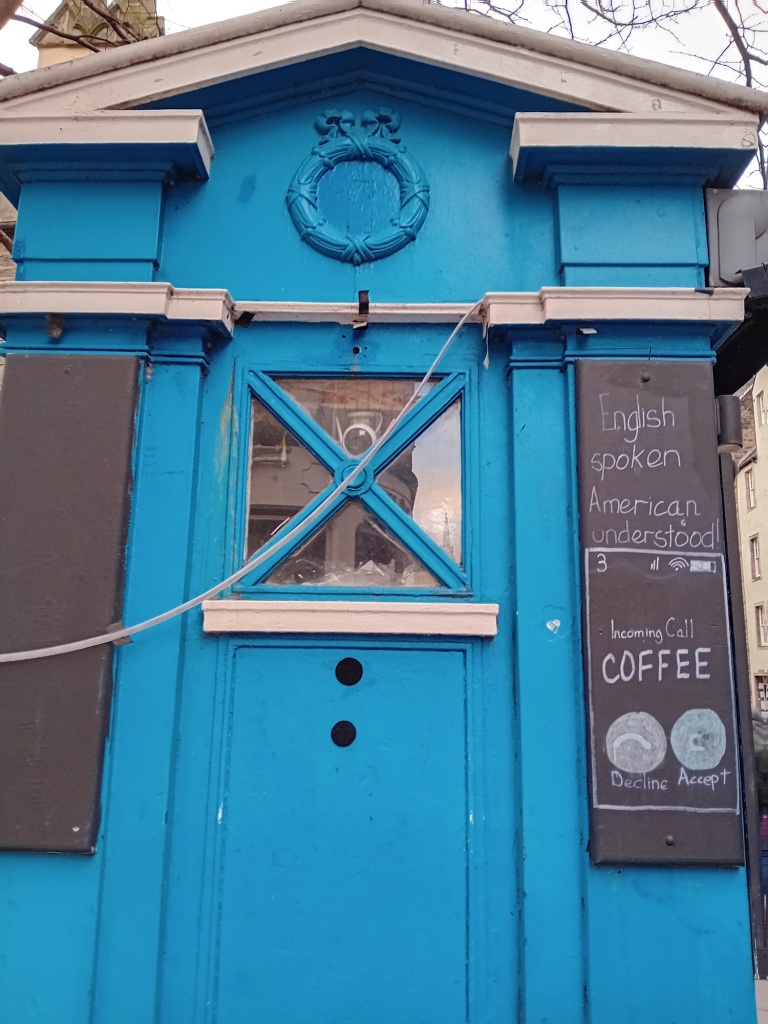Hello,
Have you ever thought about the origins of getting off scot-free? I came across it in my reading this week (“Humble Pie and Cold Turkey” by Caroline Taggart, if you’re curious) and it set me on the distinctly non-Scottish trail of the expression.
Scot-free dates to Old English and was originally spelled scotfreo. It meant you were exempt from a royal tax and was compounded from scot (royal tax) and freo (free).
The definition of scot as a royal tax caught my eye. Having visited Edinburgh recently I was pretty certain scot referred to somebody resident in Scotland. No, apparently a scot is from late Old English and refers to municipal taxes, royal taxes, or fees due to a feudal lord.
The word scot in this sense came from skot in Old Norse (contribution) so our friends the Vikings had a hand in this one. The Old Norse verb skjota had two meanings – one around the idea of shooting and throwing and the second about transferring to another or paying. It’s the later meaning that we’re looking at this time. Skot is also related to Old English sceotan (to pay), Dutch schot, and German Schoß (tax) so this word has plenty of Northern European roots. You can also find escot (payment) in Old French which comes from Latin scotum.
It appears that scot, or variants, was widely known throughout Europe at the time as meaning some type of payment. In the 1100s in English you might find yourself at a scot-ale. In this case ale meant a festival. Specifically a scot-ale was a festival (probably with compulsory attendance) held by the lord of the manor and the scot was a feudal tax payable to him for the party. You might have to pay others too. Rome-scot was a church tax payable to the Pope and soul-scot was a payment on behalf of the deceased.
With time the idea of scot-free arose, if you got away scot-free you avoided paying the tax. From the 1600s it expanded to getting away without any consequences.
Until next time happy reading, writing, and wordfooling,
Grace (@Wordfoolery)
p.s. Want more Wordfoolery? Subscribe to the monthly newsletter “Wordfoolery Whispers”. Don’t forget to click on the confirmation email, which might hide in your spam folder.
p.p.s. this post contains affiliate links which make a small payment to the blog if you choose to purchase through them. #CommissionsEarned. Alternatively, you can use my digital tip jar to say thanks for this year’s words.

